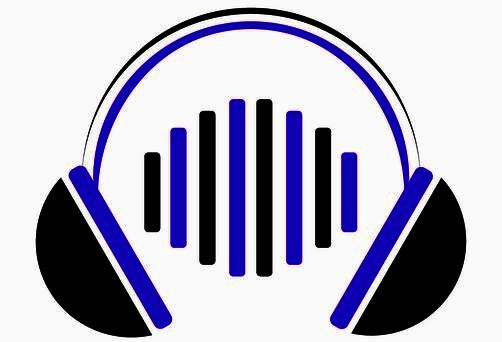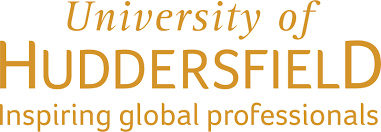Ethnoforgery and Outsider Afrofuturism
Keywords:
Afrofuturism, ethnoforgery, outsider music, appropriation, technocultureAbstract
This essay detours from Afrofuturism proper into ethnological forgery and Outsider practices, foregrounding the issues of authenticity, authorship and identity which measure Afrofuturism’s ongoing relevance to technocultural conditions and the globally-scaled speculative imagination. The ethnological forgeries of the German rock group Can, the work of David Byrne and Brian Eno, and trumpeter Jon Hassell’s Fourth World volumes posit an “hybridity-at-the-origin” of Afrofuturism that deconstructs racial myths of identity and appropriation/exploitation. The self-reflective and critical nature of these projects foregrounds issues of origination through production strategies that combine ethnic instrumentation and techniques, voices sampled from radio and TV broadcast, and genre-mashing hybrids of rock and funk along with unconventional styles like ambient drone, minimalism, noise, free jazz, field recordings, and musique concrète. With original recordings and major statements of Afrofuturist theory in mind, I orchestrate a deliberately ill-fitting mixture of Slavoj Žižek’s critique of multiculturalism, Félix Guattari’s concept of “polyphonic subjectivity,” and Marcus Boon’s idea of shamanic “ethnopsychedelic montage” in order to argue for an Outsider Afrofuturism that works along the lines of an alternative modernity at the seam of subject identity and technocultural hybridization. In tune with the Fatherless sensibilities that first united black youth in Detroit (funk, techno) and the Bronx (hip-hop) with Germany’s post-WWII generation (Can’s krautrock, Kraftwerk’s electro), Outsider Afrofuturism opens up alternative routes toward understanding subjectivity and culture—through speculative sonic practices in particular—while maintaining social behaviors that reject multiculturalism’s artificial paternal origins, boundaries and lineages.
Downloads
Published
Issue
Section
License
Authors who publish with this journal agree to the following terms:- Authors retain copyright and grant the journal right of first publication with the work simultaneously licensed under a Creative Commons Attribution-Noncommercial-Share Alike License that allows others to share the work with an acknowledgement of the work's authorship and initial publication in this journal.
- Authors are able to enter into separate, additional contractual arrangements for the non-exclusive distribution of the journal's published version of the work (e.g. post it to an institutional repository or publish it in a book), with an acknowledgement of its initial publication in this journal. Such derivate works or subsequent publications must happen no less than one calendar year after the initial publication date in Dancecult.
- Authors are permitted and encouraged to post their work online (e.g. in institutional repositories or on their website) prior to and during the submission process, as it can lead to productive exchanges, as well as earlier and greater citation of published work (See The Effect of Open Access).






